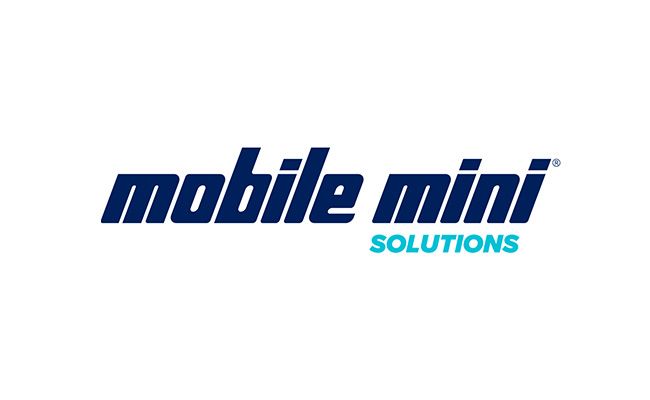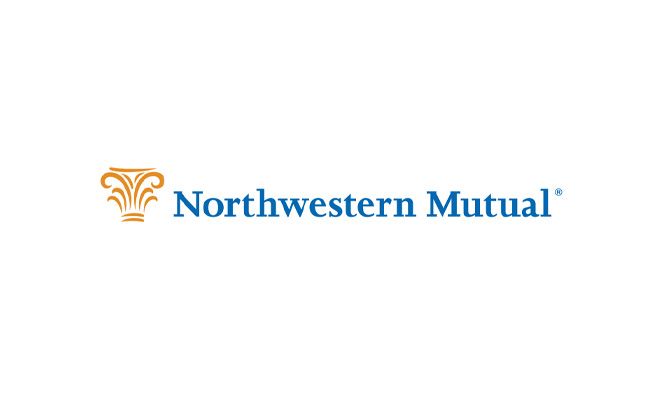CUSTOMER PROFILE
Until November 2008, self-storage operator Extra Space Storage Inc. was handling overflow phone calls for its hundreds of storage facilities the same way that its customers handle their overflow storage needs: outsourcing. Then the firm switched to an in-house call center running on NiCE CXone’s on-demand platform and integrated with customer relationship management software from salesforce.com.
- CXone Omnichannel Routing
- CXone Open Cloud Foundation
- Doubled reservation rates
- CXone Open Cloud Foundation
- Incurred zero upfront equipment costs
- Increased personal customer interactions
THE CHALLENGE
Upgrading on-premises system was cost-prohibitive
When Extra Space Storage executives were rethinking their call handling strategy in August 2008, the company operated 670 self-storage properties in 33 states and Washington, D.C. with a goal to double its footprint in five years. Incoming phone calls to individual facilities were answered by on-site employees when available and by an outsourced call center service after the fourth ring. It wasn’t enough.
“We were using an outsourcer because, in our industry, it’s imperative that customer calls be answered by a live person. Otherwise, callers go to the next self-storage company in the phone book and we lose the sale,” said Chris Spear, Extra Space Storage Director of Program Management. “But our service had no way of knowing whether the caller had phoned before or was already a customer. Outsourcer appointments sent by email sometimes didn’t get retrieved before the customer showed up to see a unit, and so on. We really wanted to improve the customer experience as well as our ability to track all customer contacts.”
To accomplish that, the Extra Space Storage team made a strategic decision to build an inhouse call center as well as invest in a customer relationship management (CRM) program that would not only maintain customer account information but also provide detailed performance metrics to help the company optimize operations.
THE SOLUTION
In-house contact center saves money
The plan called for outfitting a 50-seat call center from scratch in an office building 20 minutes from the company’s Salt Lake City headquarters.
The center’s full-time customer service representatives would handle all incoming sales calls, including those previously answered at the individual storage facilities. A new CRM system as well as the company’s existing point-of-sale software would be integrated with the call center software to equip agents with one-screen access to all customer and facility information.
While Extra Space Storage investigated premises-based call center platforms as well as installed CRM software, NiCE CXone and Salesforce CRM prevailed over those conventional alternatives because of the cost and rapid deployment advantages of the cloud-based delivery model.
NiCE CXone, for example, eliminated the need to purchase and maintain expensive installed phone switches, automatic call distributors, interactive voice response systems and related components, saving tens of thousands of dollars in capital investment as well as ongoing building infrastructure, maintenance and replacement costs over conventional call center packages. All call handling is provided over a broadband connection with equipment hosted at NiCE CXone’s own data center. The only on-site equipment purchases required were standard telephones and computers.
Going the SaaS route also enabled Extra Space Storage to meet an aggressive eight-week deployment deadline before the company’s outsourced call center service contract expired. Conventionally installed call center and CRM solutions would have had much longer ramp up times, in part because of time- consuming integration chores. The cloud-based architecture of both the inContact and Salesforce CRM platforms, as well as a Salesforce CTI adapter with a pre-built Salesforce CRM interface, shortened integration time to weeks rather than months.
740 sites & counting
Extra Space Storage opened its NiCE CXonepowered call center in phases beginning in November 2008 and completed deployment to all properties in February 2009. By October, ongoing company growth had expanded the center’s responsibilities to 740 local stores. The change has triggered a quantum improvement in call handling.
Incoming calls to all of the company’s local selfstorage facilities are now routed to a sales or service queue based on the customer’s IVR selection. Sales calls are directed to the central phone bank, where they are handled by trained customer service representatives who won’t be pulled away when a customer shows up on site to see a unit. Since callers are always dialing the local number, they are not aware that they are not talking to their local facility.
Even before the agent says hello, his or her computer screen displays the caller ID, the closest Extra Space Storage property, available storage units and their pricing, hours of operation and vital CRM data ranging from prior inquiries from prospective customers to rental history for current customers — all in a single interface that enables efficient call handling as well as more personal customer service.
The instant availability of this information maximizes agents’ opportunity to persuade callers to place a deposit on a storage unit. Since 90% of reservations convert to rentals, this is a vital first step in making the sale and the primary objective for all of Extra Space Storage’s sales channels — whether phone, web or walk-in.
Storing up sales
The NiCE CXone/Salesforce combination quickly proved to be more than worth its weight in stored household goods. In the first eight months after rollout, Extra Space Storage nearly doubled the percentage of prospect phone calls that resulted in reservations. On-site facility managers no longer have to answer telephone sales inquiries, freeing them to pay attention to maintaining their property and serving existing customers in person. Managers as well as agents have access to all customer information in a single database, including whether a customer has reserved a unit online or rents units elsewhere in the Extra Space Storage network. Company executives have access to valuable CRM data that can help them shape promotions and plot business strategy.
All this and more has been achieved with a lowcost SaaS approach that lets Extra Space Storage take care of business while NiCE CXone and Salesforce.com take care of the technology. “We don’t want to be call switch or CRM experts,” Spear said. “Having someone else manage these systems in the cloud makes business sense from every perspective.”
In addition, NiCE CXone’s cloud-based call center platform is futureproofing the project by giving Extra Space Storage the option to add work-athome customer service agents without expensive hardware and software installations at each remote site. Given that the company is likely to outgrow its current contact center space as it pursues its ambitious double-the-business-inf ive-years road map, that’s a critical benefit. Just as its customers put their extra possessions in storage units for safekeeping, Extra Space Storage has the work-at-home option tucked away for cost-effective call center expansion— just one more reason why NiCE CXone was the right choice.




